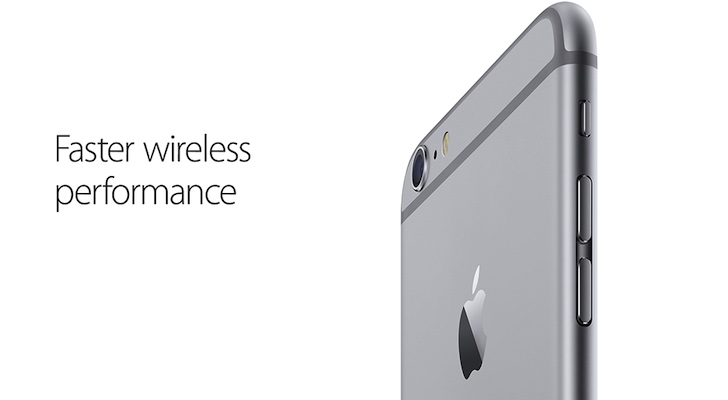Apple’s (NASDAQ:AAPL) legal battle with Qualcomm (NASDAQ:QCOM) has heated up again this week. It’s clear at this point that if the two companies ever reach a settlement, Qualcomm returning to supplying cellular modems for the iPhone is pretty much a non-starter. At the same time, Intel (NASDAQ:INTC) is proving to be a less than ideal substitute. Its modem tech is behind QCOM’s, leaving the iPhone’s cellular performance lagging Android rivals, and forcing Apple to wait for next generation 5G cellular support. AAPL appears to be taking action by beginning work on designing its own, in-house iPhone modem.
Apple Job Posting Points to In-House iPhone Modem Development
The Information discovered a job posting at Apple for a cellular modem systems architect (at time of writing the position was still listed at Apple). The implications of the position are clear.
A source confirmed to The Information that the company is actively working on a project to build its own iPhone modem. This meshes with rumors from earlier this year that AAPL was starting up a team to build its 5G modems in-house.
Why Re-Invent What’s Already There?
Apple has been relentless over the years in moving the design of iPhone components in-house. This strategy started with designing its own custom ARM-based processors instead of using the Qualcomm Snapdragon favored by the Android competition. Designing its own components is costly, but AAPL is able to offer better performance and optimized iOS features by avoiding off-the-shelf components. The company also avoids potential shortages of critical components, and avoids paying a mark-up to suppliers.
With Apple stock driven by iPhone sales, every advantage AAPL can bring to the table is important. Designing its own iPhone modem instead of using a cellular modem from Qualcomm or Intel would just be the latest in a series of similar moves that have seen
long-time Apple suppliers dropped in favor of in-house development.
Intel Blew It
Apple starting using a mix of Qualcomm and Intel modems with the iPhone 7. It was quickly discovered that Intel iPhones had significantly slower LTE performance, leading to savvy buyers specifically seeking out the Qualcomm versions. Since then, Intel — which replaced Qualcomm altogether for this year’s iPhones — continues to be singled out for slower cellular performance. In testing, QCOM modems were to 40% to 53% faster than Intel’s over LTE, which is very big deal. Especially for Apple, which sells the iPhone as a premium device and positions it as the best smartphone on the market.
Adding insult to injury, Intel is behind Qualcomm on modems that support 5G — the latest cellular standard that offers performance up to 20 times faster than LTE. With 5G networks starting to roll out, Qualcomm has its first 5G modem ready to go. The Snapdragon X50 will start showing up in Android smartphones in 2019. Intel lit a fire under its product development team, reportedly shaving six months off its 5G modem timeline, but it is still unlikely to be ready until the 2020 iPhones are released.
With AAPL’s fall iPhone release schedule, that means nearly two years remain of Android smartphones blowing the iPhone out of the water on cellular performance.
Apple has developed its own wireless chips in recent years, focusing on Wi-Fi and Bluetooth connectivity. The W1 and W2 chips used in AirPods, Beats wireless headphones and the Apple Watch have a reputation for best-in-class ease of pairing and battery conservation. They are seen as a real competitive advantage for Apple products over rivals that use Qualcomm chips.
An Apple-designed iPhone modem could not only rid AAPL of a supplier that can’t keep up, it could provide a similar competitive advantage over Android smartphones using stock cellular modems.
Timing
Designing a 5G cellular modem from scratch takes time, especially when Apple will need to be extraordinarily careful about not infringing on any Qualcomm (or Intel) patents. The last thing the company needs is to make its current legal woes even worse.
According to The Information’s sources, an Apple-designed iPhone modem is probably about three years out. That means having to listen to Samsung brag about having 5G capability in 2019, and iPhone owners putting up with slower cellular performance than their Android counterparts for a few more years.
But an end to this saga may finally be in sight…
As of this writing, Brad Moon did not hold a position in any of the aforementioned securities.

